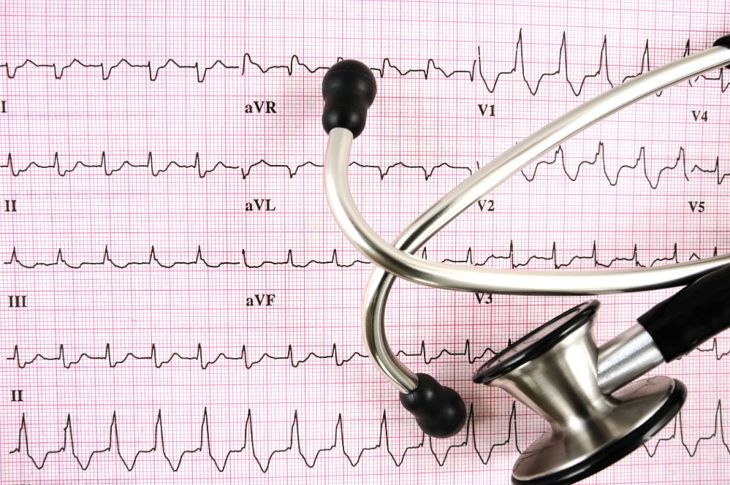Tetanus is an infection caused by the bacteria Clostridium tetani, found mainly in dust and dirt. Deep wounds give the bacteria the chance to enter the bloodstream and produce the tetanospasmin toxin, which can interfere with nerve signals sent from the spinal cord to the muscles and lead to symptoms such as muscle spasms and fever.
Muscle Spasms
Tetanus can prevent the muscles from receiving signals from the spinal cord, causing painful muscle spasms and stiffness. As the condition evolves, the spasms can become more intense and, in some cases, life-threatening. It is vital to seek immediate medical attention if experiencing severe muscle spasms.
Restlessness
Two other symptoms often seen in people with tetanus are general anxiety and increased irritability. Because the body is overwhelmed by the bacterial infection, a person may have difficulty staying still or focusing, and may struggle to communicate. This is often one of the first symptoms reported in cases of tetanus.
Headache
A headache can develop due to a tetanus infection because the bacteria interfere with the nervous system and cause muscle spasms that affect the neck and jaw. Some people may find the headache is accompanied by stiffness in the neck and fever. Most symptoms of tetanus develop within eight days of contraction but can take as long as three weeks to become apparent.
Irritability
Irritability, fatigue, and restlessness can develop following the contraction of tetanus, which can alter a person’s psychological state when it interferes with nervous system signaling. This interference can also cause seemingly unrelated symptoms such as drooling and loss of appetite.
Trismus
Trismus or lockjaw is the hallmark symptom of tetanus. The person is unable to open or close their jaw all the way. This develops for the same reasons as muscle spasms, which render an individual unable to control their movements during an episode. The jaw may open or close without warning, and some experience numbness as well. If tetanus continues untreated, these symptoms can affect organs like the lungs, which could be fatal.
Bending of the Back
Another side effect of muscle spasms is opisthotonus or bending of the back, medically known as opisthotonus. The back assumes an arched position, and the spasms can be severe enough to break bones or dislocate joints. Due to the wide range of complications that can stem from this symptom, it is important to seek treatment as soon as possible.
Fever
Body temperature begins to rise shortly after a person contracts a tetanus infection, because the body is trying to make itself inhospitable to the bacteria. Fever often occurs with sweating and increased heart rate. The location of the wound can determine the severity of these symptoms. Fever may persist during the infection, and some people also experience chills.
Elevated Blood Pressure and Heartrate
Though muscular and nervous system problems cause most of the symptoms seen in a person with a tetanus infection, some people also experience elevated blood pressure and heart rate. Researchers believe these symptoms develop because of the way the bacterium affects the sympathetic nervous system, the same system that prompts the fight or flight response. When this system is triggered, the body is reacting to trauma and preparing its response, and these reactions require increases in heartbeat and blood flow.
Difficulty Swallowing
The nervous system impact of tetanus also affects a person’s ability to swallow. The muscles used for chewing are often the first affected, and the symptoms may spread into the neck. It can become difficult to open the mouth or bend the neck as the symptoms progress. Any unexplained difficulty swallowing or opening the mouth needs immediate medical attention.
Difficulty Breathing
If tetanus is allowed to proceed so long that the lungs are affected, the infection can be fatal. Muscle spasms in the lungs make it difficult or impossible for an individual to control their breathing. Trouble taking in breath is a medical emergency, and if a patient is rushed to the hospital, they may require mechanical ventilation until they are capable of breathing on their own.

 Home
Home Health
Health Diet & Nutrition
Diet & Nutrition Living Well
Living Well More
More




















